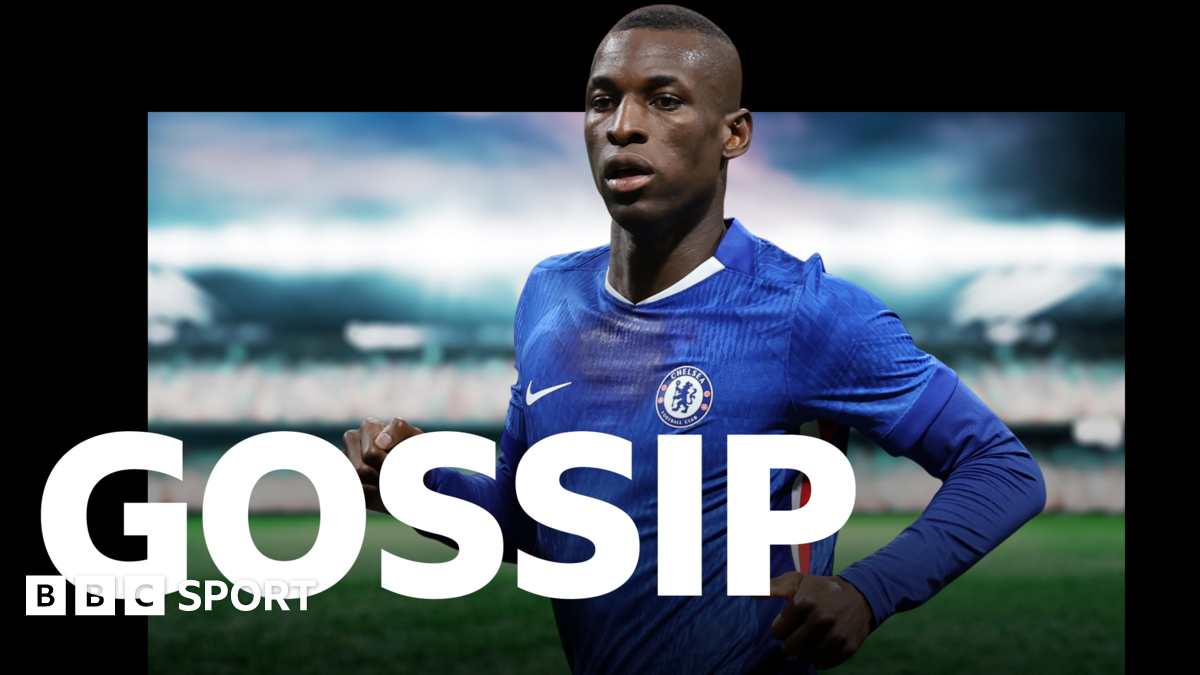
The summer of '25 sees Newcastle and Manchester United circling Chelsea's Nicolas Jackson, not as a primary target, but as a 'contingency' should Benjamin Sesko prove unattainable. This isn't just transfer gossip; it's a window into evolving striker strategies among top clubs. The days of a single, dominant centre-forward seem to be fading, replaced by a more fluid, adaptable approach.
Consider the tactical profiles. Sesko, at Leipzig, is showcasing the modern ideal: pace, power, and precision in front of goal, a complete package. Jackson, while possessing raw talent and a work ethic, hasn't consistently delivered the clinical finishing expected at Chelsea. His strength lies in his pressing and ability to create chances, but his conversion rate has been a point of contention.
So, why Jackson as a fallback? This is where the tactical nuances emerge. Both Newcastle and United appear to be prioritizing versatility. A player who can contribute to pressing, link play, and stretch defenses, even if their goalscoring isn't elite, offers tactical flexibility. This is in stark contrast to the Romelu Lukaku era at United, where the focus was almost exclusively on a target man whose sole purpose was to score. That approach, ultimately, proved limiting.
Tactical Breakdown: Jackson's Fit
- Newcastle: Eddie Howe's system thrives on high-energy forwards. Jackson's pressing intensity would align well. Think back to how effective Callum Wilson was at his peak, constantly harassing defenders. Jackson could provide a similar disruptive presence.
- Manchester United: Amorim's United needs a striker who can contribute to build-up play and press effectively. While Sesko may be the preferred option, Jackson offers a similar profile, albeit with room for improvement in finishing. This echoes the situation with Marcus Rashford, where his pressing and work-rate were valued as much as his goal-scoring ability.
The pursuit of Watkins by United is another strand in this narrative. Watkins has proven himself a consistent Premier League goalscorer, but his age (29) likely makes him a shorter-term solution. The data suggests United are covering all bases: a younger, high-potential striker (Sesko), a versatile forward (Jackson), and a proven goalscorer (Watkins). This layered approach reflects the increased complexity of squad building in the modern game.
Consider also Liverpool's reported interest in Harvey Elliott being met with a high price tag and buy-back clause. This isn't just about extracting maximum value; it's about retaining control over a young player's development, a strategy becoming increasingly common as clubs seek to profit from their academies. It's a shrewd move, ensuring they benefit from their investment in the long run, regardless of Elliott's immediate impact elsewhere.
Finally, the Harry Maguire situation. Five rejected offers suggest United are holding firm, perhaps hoping to recoup a significant portion of their initial investment. Or, perhaps they value his experience and leadership, even if he's not a guaranteed starter. His situation is a reminder that transfers are not purely about on-field performance; reputation and squad dynamics play a role too.